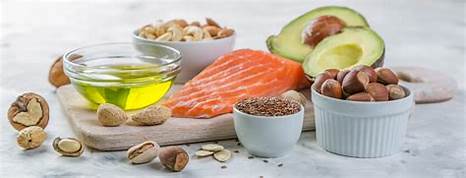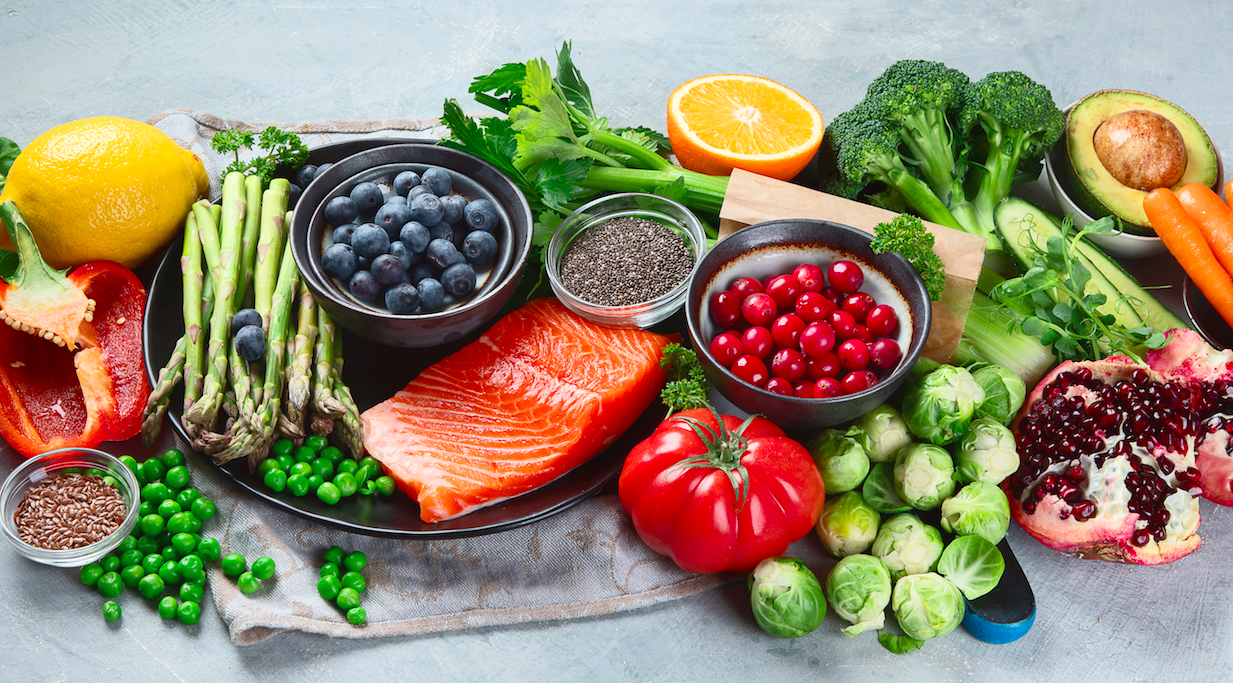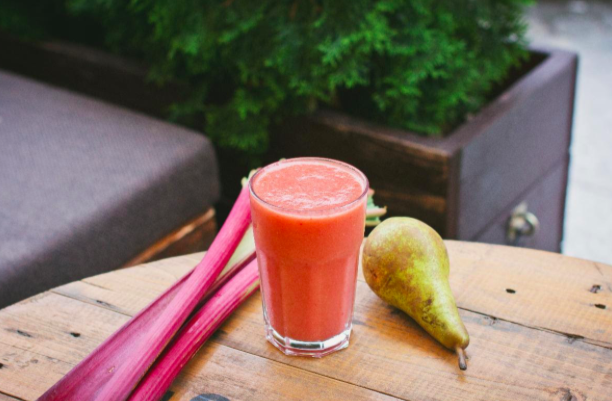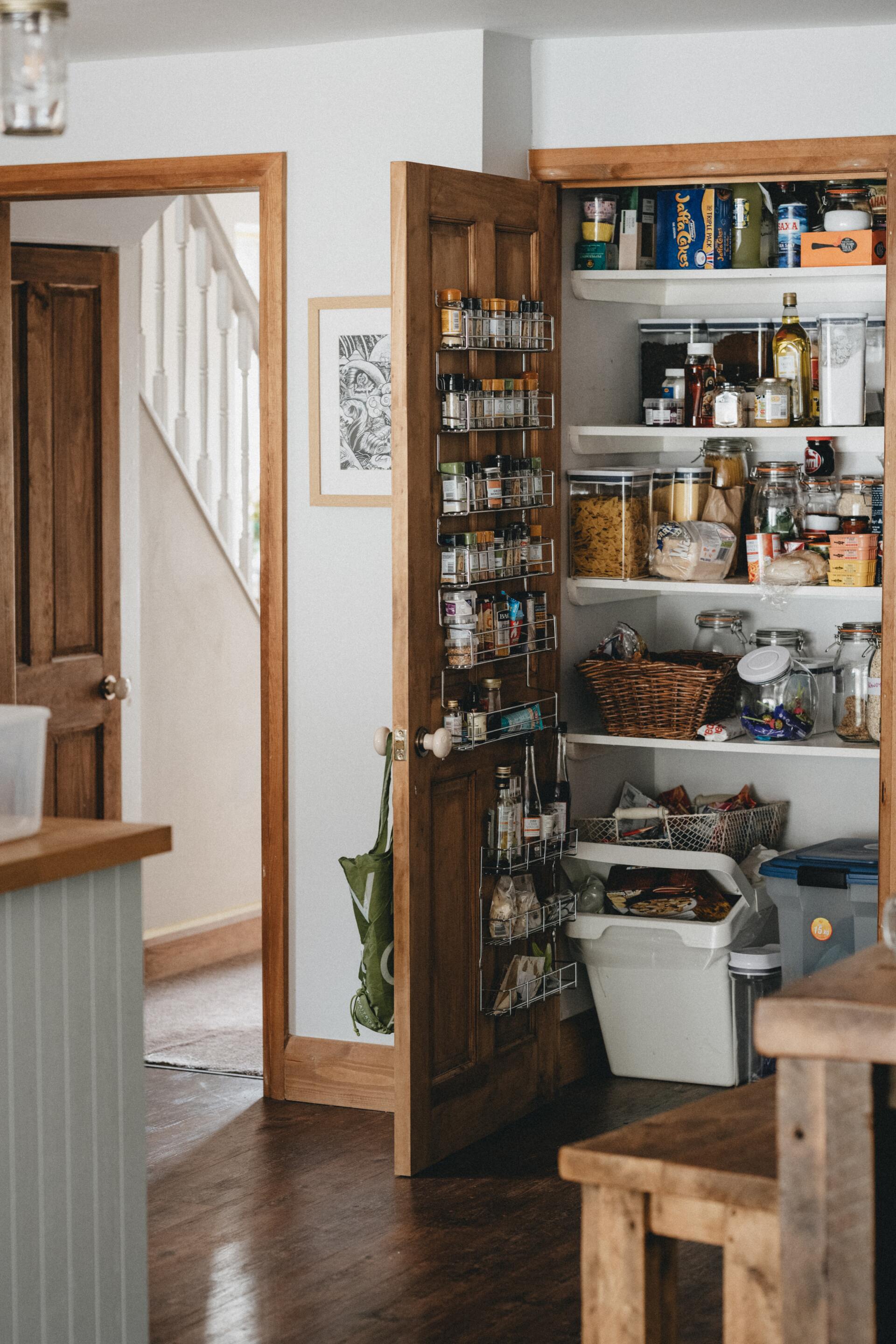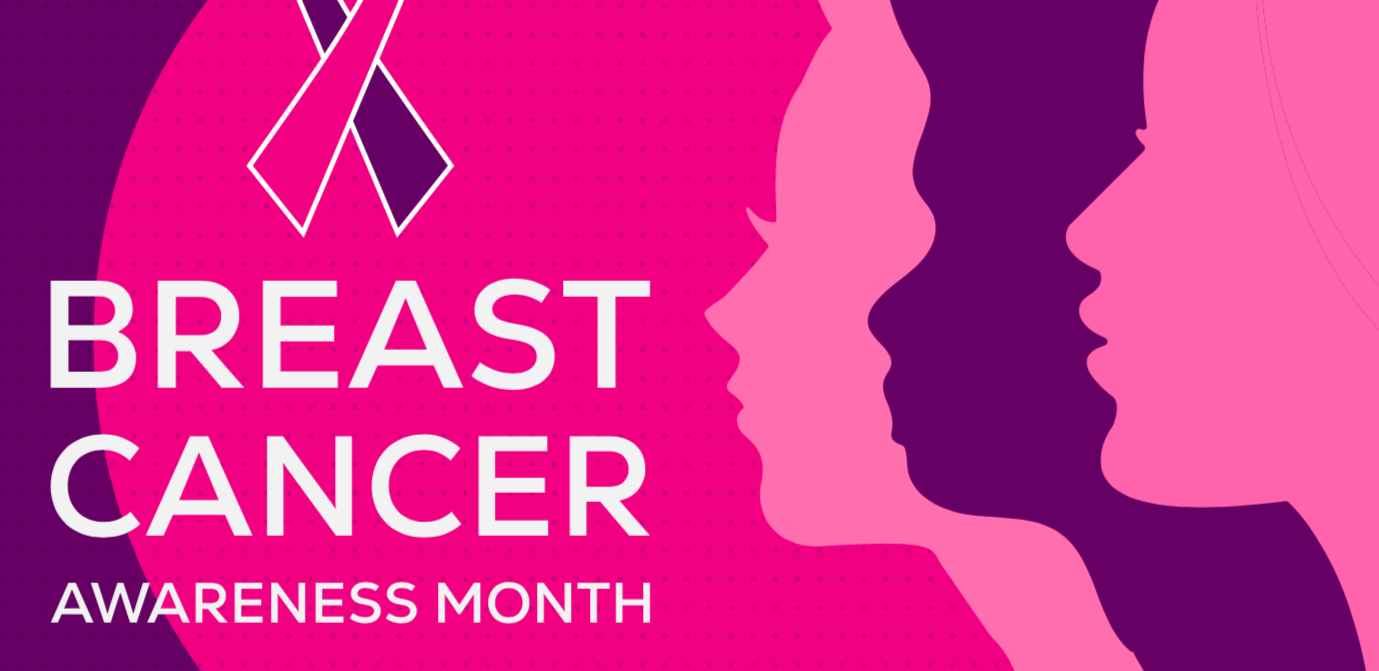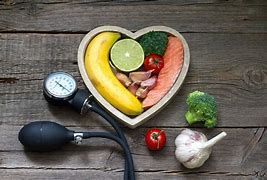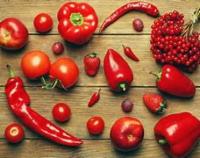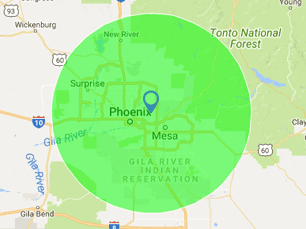How the French stay thin, pastries and all!

When I first moved to the US, there was plenty of culture shock, but none quite like the difference in the approach towards eating in France vs. America. The overall culinary experience seems to be viewed differently here than back home, and I couldn’t help but wonder if this had to do with the difference in health quality as well.
I wanted to understand why it is that roughly 42% of Americans are considered obese while only 15% of adults in France are considered obese. I mean, us French people are by no means the “pillars of health.” We are by no means shy about drinking our wine and eat our pastries. So what about our relationship with food was different?
Portion Sizes
Before I ever noticed what was on the plate, I instantly noticed how much was on the plate. Science has since confirmed for me that there is infact a correlation between how large our portion sizes continue to grow and the rapid increase in the clinical obesity of Americans. Unsure what proper portions are? Consider referencing myplate.org or consulting a professional!
Whole Foods
Another huge difference between the cuisine I was accustomed to and what is considered “the norm” here in The States would definitely be the ingredients used. There are far more processed foods and “empty calories'' being used in the food here. Back home, even the school lunches featured a variety of fruits, vegetables and healthy proteins.
Home-cooked Meals
This one is arguably the biggest difference to me and, in my opinion, the most worth mentioning. Fast food or processed boxed foods are so readily available and relied on here. In France, cooking is considered part of the meal which makes things like using whole ingredients much more prevalent.
Expanding your knowledge in the kitchen is one of the best ways to know exactly what you are putting into your body, allowing you to be more conscious of your goals and more mindful with your choices. If cooking feels intimidating, consider taking cooking lessons with an award winning chef !
These notable differences really can teach us a lot about how our relationship with food can really affect our overall health. Fortunately, knowledge is power and once we are made aware of these things we become empowered with the ability to make the choice. The choice to:
-
Eat home cooked meals or chef prepared meals made with whole foods.
-
Avoid pre-packaged and processed foods.
-
Plan your meals ahead to avoid turning to fast food.
-
Eat proper portions.
-
Get additional accountability to help you stay on track with your goals.
-
Seek out professional support if needed.
Whatever you do, just remember, YOUR health is YOUR choice!
